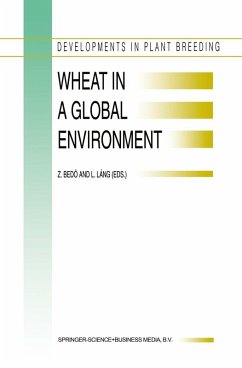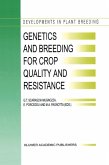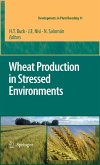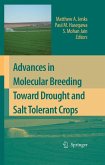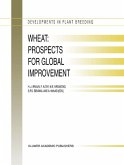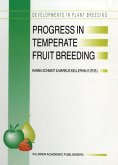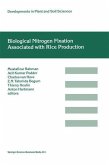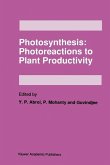Wheat breeders have achieved significant results over the last fifty years in research on mankind's one of the most important crops. Classical genetic and breeding methods, far broader international cooperation than was experienced in earlier periods, and improvements in agronomic techniques have led to previously unimaginable development in the utilisation of wheat for human consumption. The contribution of wheat researchers is particularly noteworthy since these results have been achieved at a time when the world population has grown extremely dynamically. Despite this demographic explosion, of a proportion never previously experienced, thousands of millions of people have been saved from starvation, thus avoiding unpredictable social consequences and situations irreconcilable with human dignity. Despite these developments in many regions of the world food supplies are still uncertain and the increase in the world's wheat production has not kept pace with the population increase during the last decade. Due to the evils of civilisation and the pollution of the environment there is a constant decline in the per capita area of land suitable for agricultural production. Based on population estimates for 2030, the present wheat yield of around 600 million tonnes will have to be increased to almost 1000 million tonnes if food supplies are to be maintained at the present level.
Dieser Download kann aus rechtlichen Gründen nur mit Rechnungsadresse in A, B, BG, CY, CZ, D, DK, EW, E, FIN, F, GR, HR, H, IRL, I, LT, L, LR, M, NL, PL, P, R, S, SLO, SK ausgeliefert werden.

